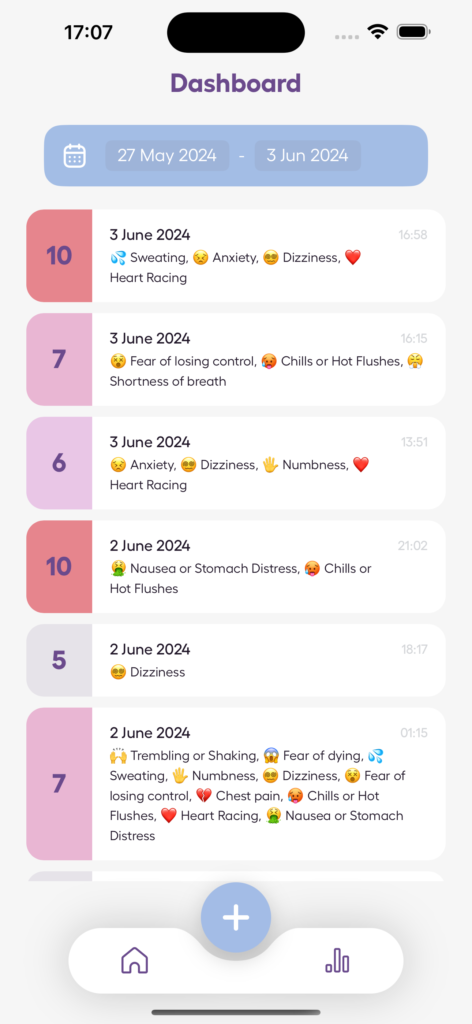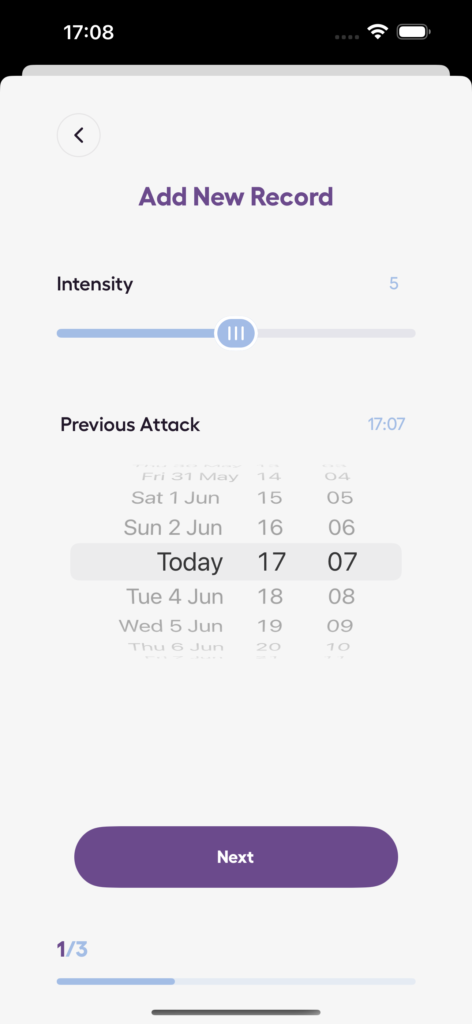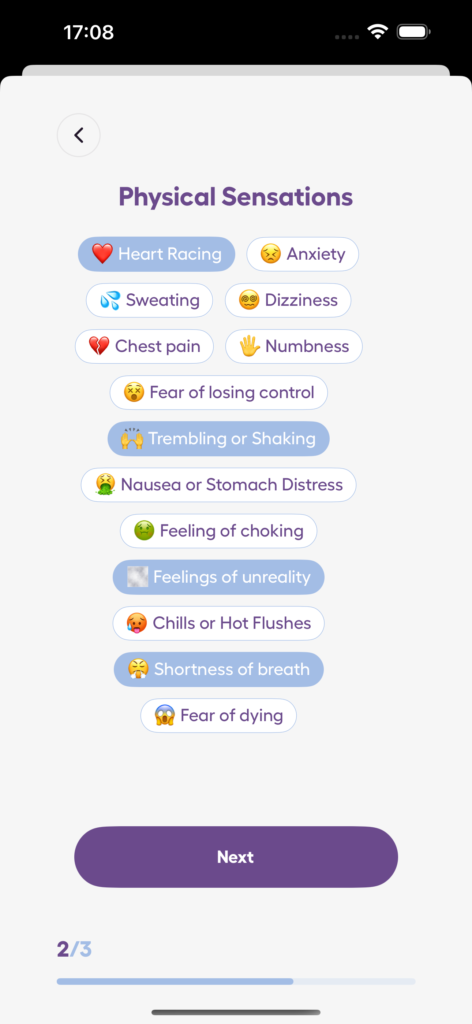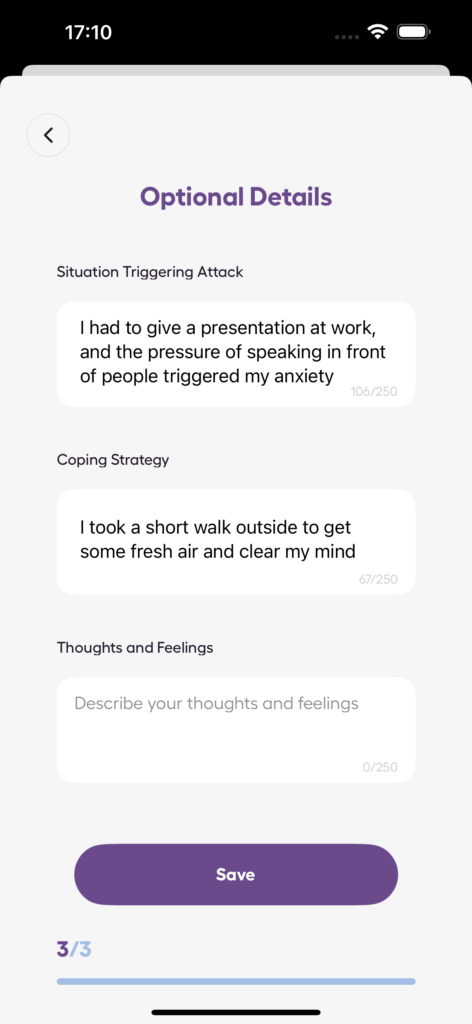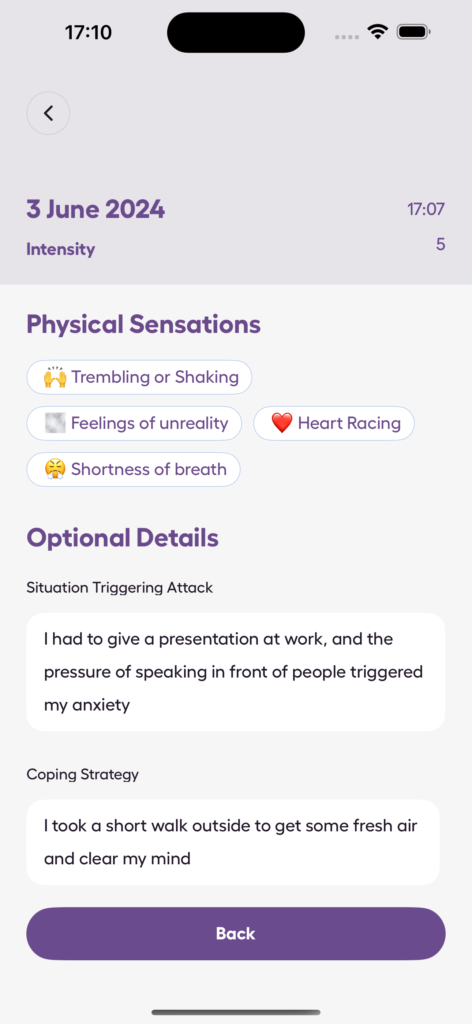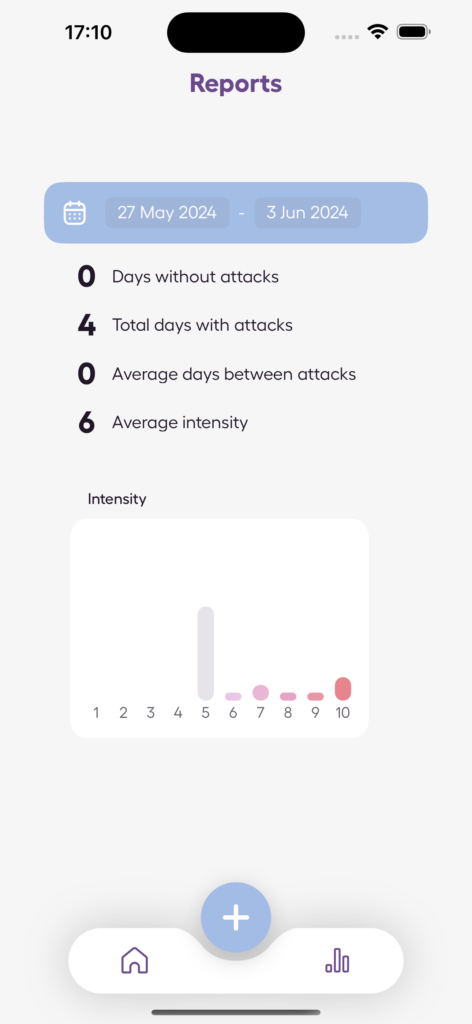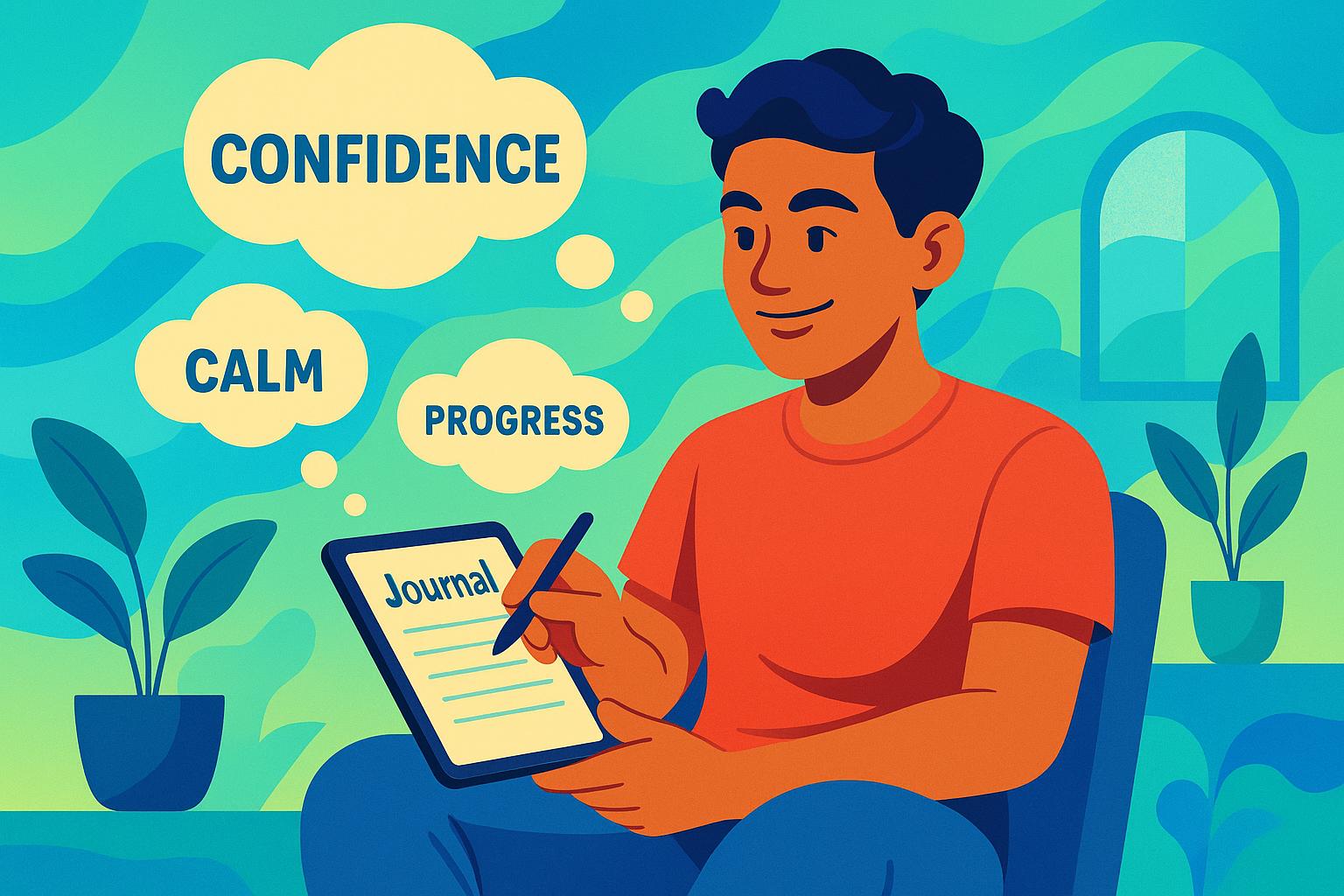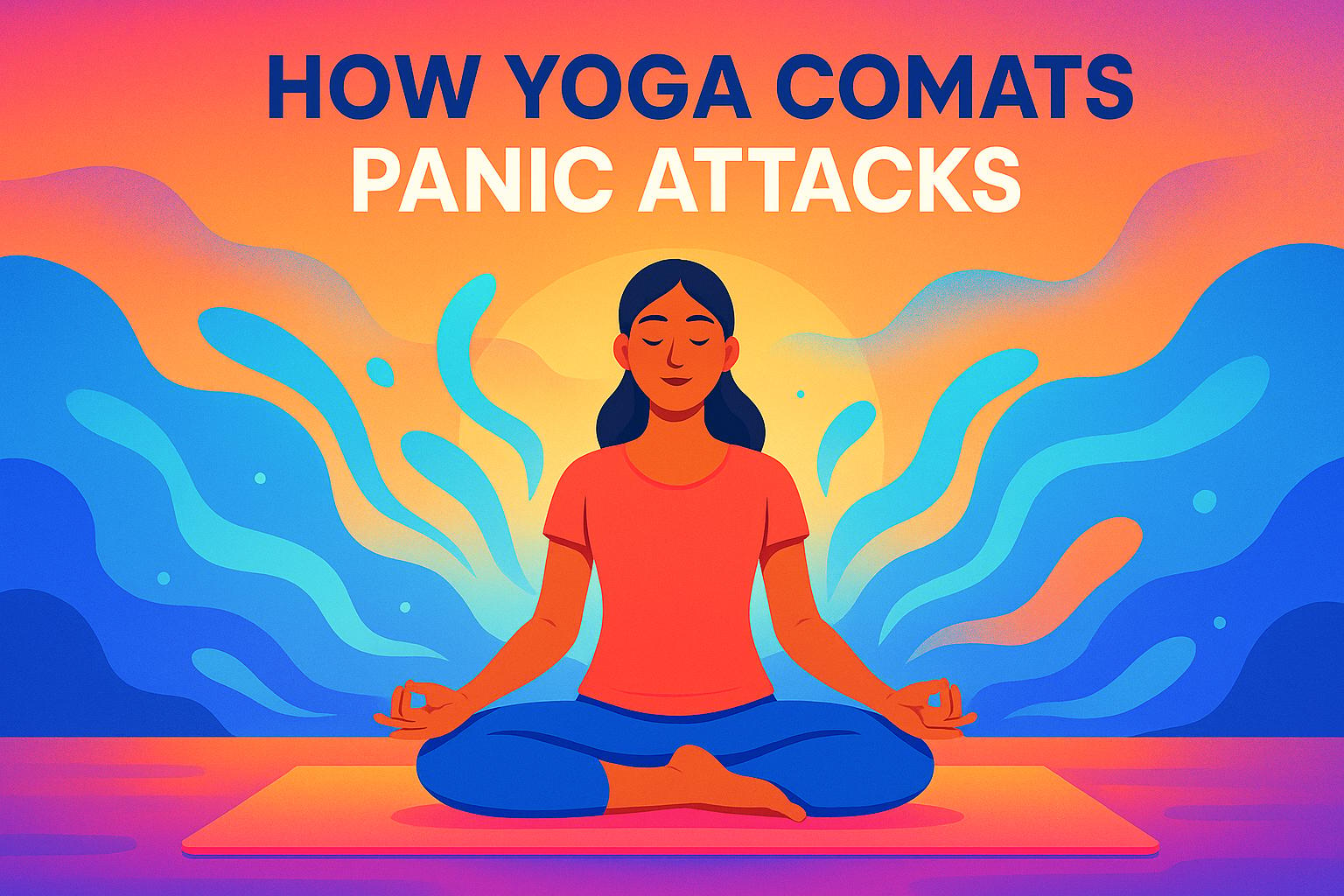Social support improves mental health, while isolation harms it. People with strong social networks often experience less anxiety, better stress management, and greater emotional stability. In contrast, isolation increases stress, anxiety, and emotional fragility, leading to long-term mental health challenges.
Key Insights:
-
Social Support Benefits:
- Reduces stress and anxiety.
- Improves coping skills and emotional balance.
- Boosts physical health (better sleep, lower blood pressure).
- Builds long-term resilience.
-
Isolation Effects:
- Increases anxiety and depression risks.
- Leads to higher stress levels and negative thoughts.
- Weakens immune function and disrupts daily habits.
Quick Comparison:
| Aspect | Social Support | Isolation |
|---|---|---|
| Stress Response | Reduced stress reactions | Amplified stress levels |
| Anxiety Management | Improved coping skills | Limited ability to cope |
| Emotional State | Greater emotional balance | Heightened emotional fragility |
| Mental Health Outcomes | Positive long-term effects | Increased mental health risks |
Takeaway: Building social connections is key to improving mental health, while isolation can harm both mental and physical well-being. Small steps like joining groups or using digital tools can help strengthen relationships and manage anxiety effectively.
Social Isolation: The Hidden Health Risk Worse Than …
Benefits of Social Support
Mental Health Advantages
Strong relationships can help ease anxiety and stress. A dependable support system makes it easier to handle life’s challenges. Studies show that having a solid social network improves emotional regulation and helps manage stress more effectively. Simply having someone to talk to during a tough moment can bring immediate relief, leading to better decisions and a calmer state of mind. These mental health perks also contribute to physical well-being.
Health Benefits
Social connections aren’t just good for your mind – they benefit your body too. Supportive relationships are associated with balanced hormone levels, steady blood pressure, and better sleep. These physical improvements create a positive cycle, where feeling physically healthier boosts mental health and strengthens relationships even more. Over time, this creates a foundation for greater overall resilience.
Long-term Effects
Regular social interaction builds resilience over time, helping people better manage mental health challenges. A strong support network provides opportunities to practice coping strategies and stick to healthy habits like exercising, sleeping consistently, and practicing mindfulness. Tools like the Panic Attack & Anxiety Tracker app by Anxiety Journal can help track how social interactions impact anxiety and overall mental health.
The combination of emotional support, physical health benefits, and lasting resilience highlights the importance of maintaining strong social connections for overall mental well-being.
Effects of Isolation
Mental Health Problems
Spending too much time alone can lead to anxiety and depression. Studies show that being socially isolated makes people more prone to anxiety disorders. Some common effects of isolation include:
- Increased stress levels
- More frequent negative thoughts
- Trouble managing emotions
- Difficulty coping with challenges
Tools like the Anxiety Journal can help track how isolation impacts anxiety, making it easier to pinpoint when extra help might be necessary. Mental health struggles often go hand-in-hand with physical health issues.
Physical Health Effects
Isolation doesn’t just affect the mind – it takes a toll on the body too. Research links social isolation to higher blood pressure, sleep problems, a weakened immune system, and elevated stress hormone levels. These physical issues can worsen mental health problems by keeping the body in a constant state of stress.
Social and Daily Life Changes
The physical and mental effects of isolation often disrupt daily life. It can harm communication skills, throw off sleep schedules, and even lead to unhealthy eating habits. These changes make it harder to maintain a balanced lifestyle. Digital tools that monitor these shifts can help spot problem areas and guide recovery efforts.
sbb-itb-b1dedcc
Social Support vs. Isolation: Direct Comparison
Mental Health Differences
Having social support helps stabilize emotions, while isolation often increases anxiety. Here’s how these differences play out in handling daily challenges:
| Aspect | With Social Support | In Isolation |
|---|---|---|
| Emotional Processing | Better emotional regulation | Greater emotional ups and downs |
| Anxiety Management | Reduced anxiety through shared coping | Heightened anxiety when managing alone |
| Problem-Solving | Broader perspectives and solutions | Narrower viewpoints and fewer options |
| Recovery Time | Quicker stress recovery | Longer recovery periods |
These contrasts in emotional well-being also influence how the body reacts to stress.
Stress Response
Studies indicate that people with strong social networks tend to manage stress more effectively, often showing lower levels of stress hormones. Tools like the Anxiety Journal app can help track stress levels and anxiety patterns, offering insights into how social interactions affect mental health. Techniques like box breathing or the 4-4-4-4 method are practical ways to reduce anxiety on the spot.
Future Mental Health Outcomes
Strong social connections are linked to better long-term mental health, while isolation can lead to challenges. People with regular social interactions often show:
- Greater emotional resilience
- Lower instances of chronic anxiety
- Improved coping skills
- More stable mental health over time
Using tools like the Anxiety Journal app can help track how social support – or the lack of it – affects mental health over time. This difference becomes especially clear during tough life events, where a supportive network can help maintain stability, while isolation may make coping much harder. Building and maintaining these connections plays a key role in managing anxiety in the long run.
Ways to Build Social Connections
Making New Connections
Creating social connections takes effort, but it starts with finding activities that align with your interests. Look into local community centers or libraries – they often host group activities like book clubs, which are great for meeting others with similar passions.
You might also explore hobby-based groups where interaction happens naturally, such as:
- Sports leagues or fitness classes
- Volunteer groups
- Professional networking events
- Religious or spiritual gatherings
- Art classes or creative workshops
Start small, like attending a single event, and gradually expand your interactions as you feel more comfortable. If in-person meetings aren’t an option, online platforms can serve as an effective alternative.
Online Connection Methods
When face-to-face meetings aren’t possible, digital platforms can help bridge the gap. They not only provide immediate ways to connect but can also lead to in-person interactions over time. Different platforms cater to different needs when it comes to building connections.
| Platform Type | Benefits | Best Practices |
|---|---|---|
| Video Calls | Real-time interaction, personal feedback | Schedule regular calls, use good lighting |
| Social Media | Casual communication, shared interests | Engage in meaningful conversations, avoid excessive scrolling |
| Online Forums | Focused discussions, community support | Be active, share your experiences |
| Virtual Events | Structured interactions, shared goals | Participate in chats, use video when possible |
Tools to Manage Anxiety
If anxiety makes socializing challenging, digital tools can help you track and manage stress while building connections. For example, the Anxiety Journal app offers features designed to support your journey toward more confident social interactions.
Here’s how it can help:
- Keep a log of anxiety episodes to identify triggers in social settings
- Use AI analysis for insights into your stress patterns
- Practice breathing techniques to calm nerves before events
- Take anxiety tests to monitor your progress over time
The app helps you understand how social situations affect your anxiety, so you can adjust your approach while staying within your comfort zone. This kind of structured support can make it easier to build relationships while maintaining your mental well-being.
Conclusion
Key Takeaways
Social support and isolation have a major influence on mental health. Research shows that people with strong social connections often experience less anxiety and handle stress more effectively. On the other hand, isolation is linked to increased anxiety and challenges in managing daily stress. Having a supportive network improves stress responses and overall well-being, while isolation can harm both daily functioning and long-term mental health.
Practical Steps
Here are some actionable strategies to consider:
-
Use Digital Tools
Apps like the Anxiety Journal can help monitor anxiety levels in various social settings and identify potential triggers. -
Ease Into Social Activities
Begin with small, structured social interactions, such as participating in online communities, and gradually transition to in-person gatherings at your own comfort level. -
Combine Approaches
Pair digital tools with face-to-face interactions to address immediate symptoms and build lasting resilience over time.


